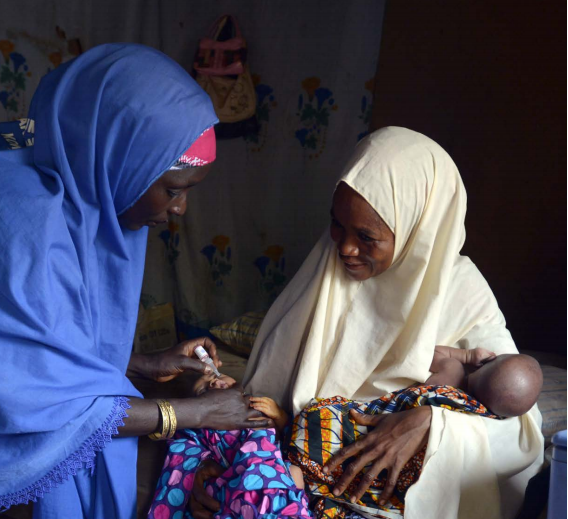UNICEF: ‘we are failing the world’s poorest babies’

The latest report by UNICEF into new-born mortality reveals that the global deaths of new-borns is alarmingly high, particularly within the world’s poorest countries.
New-borns in Pakistan, the Central African Republic and Afghanistan face the worst odds and are 50% more likely to die than babies born in Japan, Iceland and Singapore which had the lowest level of new-born mortality.
Henrietta H. Fore, UNICEF’s Executive Director commented:
“While we have more than halved the number of deaths among children under the age of five in the last quarter century, we have not made similar progress in ending deaths among children less than one month old…given that the majority of these deaths are preventable, clearly, we are failing the world’s poorest babies.”
The average new born mortality rate in low income countries is 27 deaths per 1,000 compared to just 3 deaths per 1,000 in high income countries.
The report also highlights that 8 out of the 10 most dangerous places to be born are in sub-Saharan Africa, where pregnant women are less likely to receive assistance during birth due to poverty, conflict and lack of access to healthcare.
If every country reduced its new-born mortality rate to the high income average of 3 in 1,000 deaths by 2030, 16 million lives could be saved.
The report identifies that over 80% of new-born deaths are due to prematurity, complications during birth or infections such as pneumonia or sepsis.
A number of these deaths are avoidable and preventable by providing access to well-trained midwives, clean water, disinfectants and breast feeding.
A shortage of health workers with the appropriate skills is a critical problem that means many do not receive the life-saving treatment they require. For example, in Norway there are 218 doctors, nurses and midwives to serve 10,000 people, that ratio is 1 per 10,000 in Somalia.
Similarly, WHO recently announced new guidelines on care standards during childbirth to increase the safety of births for mothers and babies and avoid preventable complications.
Henrietta H. Fore, UNICEF’s Executive Director commented:
“Every year, 2.6 million new-borns around the world do not survive their first month of life. One million of them die the day they are born… we know we can save the vast majority of these babies with affordable, quality health care solutions for every mother and every new-born. Just a few small steps from all of us can help ensure the first small steps of each of these young lives.”
Maternal and neonatal healthcare is a key topic at this years 3rd Annual Aid & Development Africa Summit taking place on 27-28 February in Nairobi.
If you’d like to stay informed on the latest updates in aid and development, please sign up to the AIDF newsletter.
Photo credit: UNICEF















